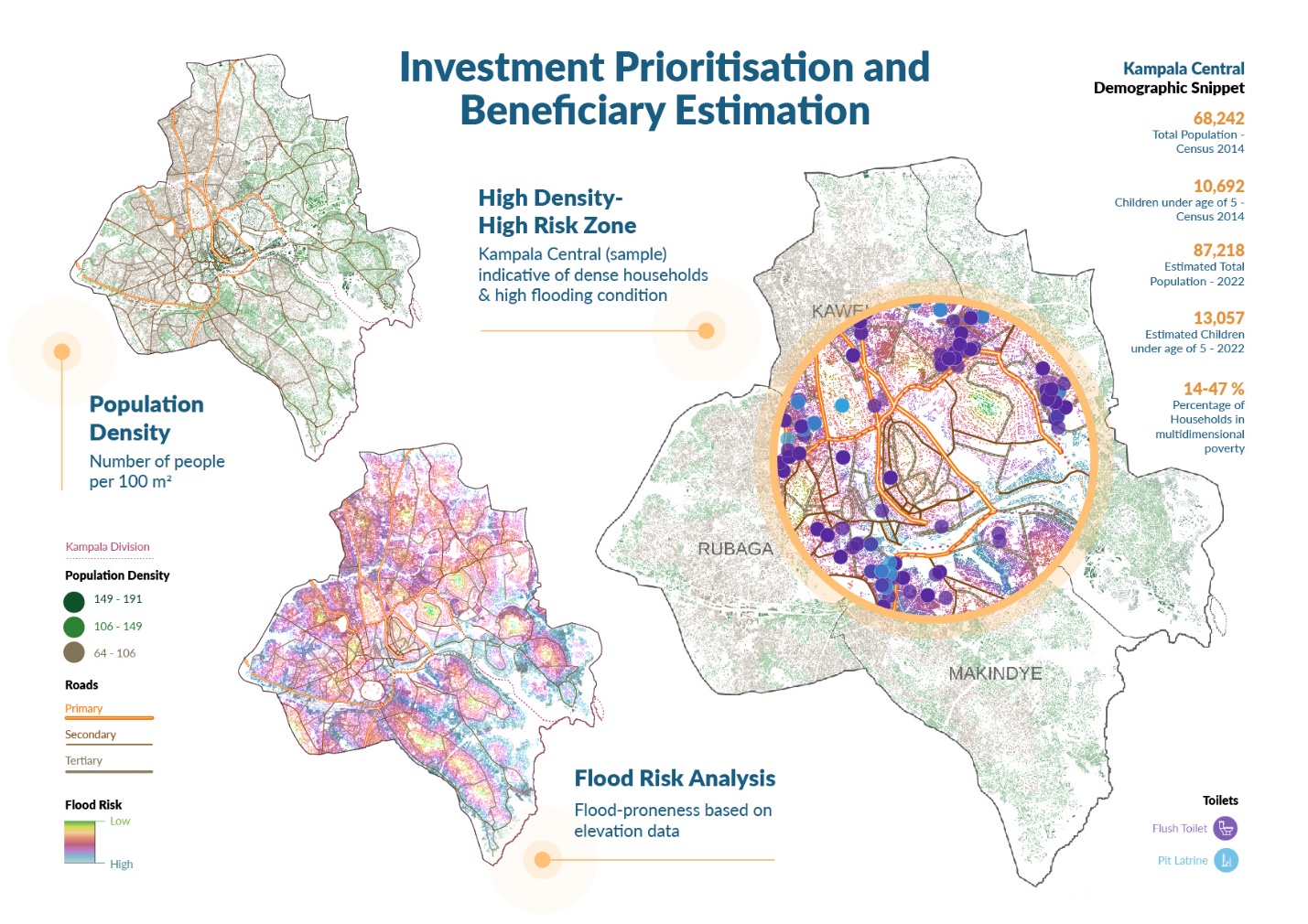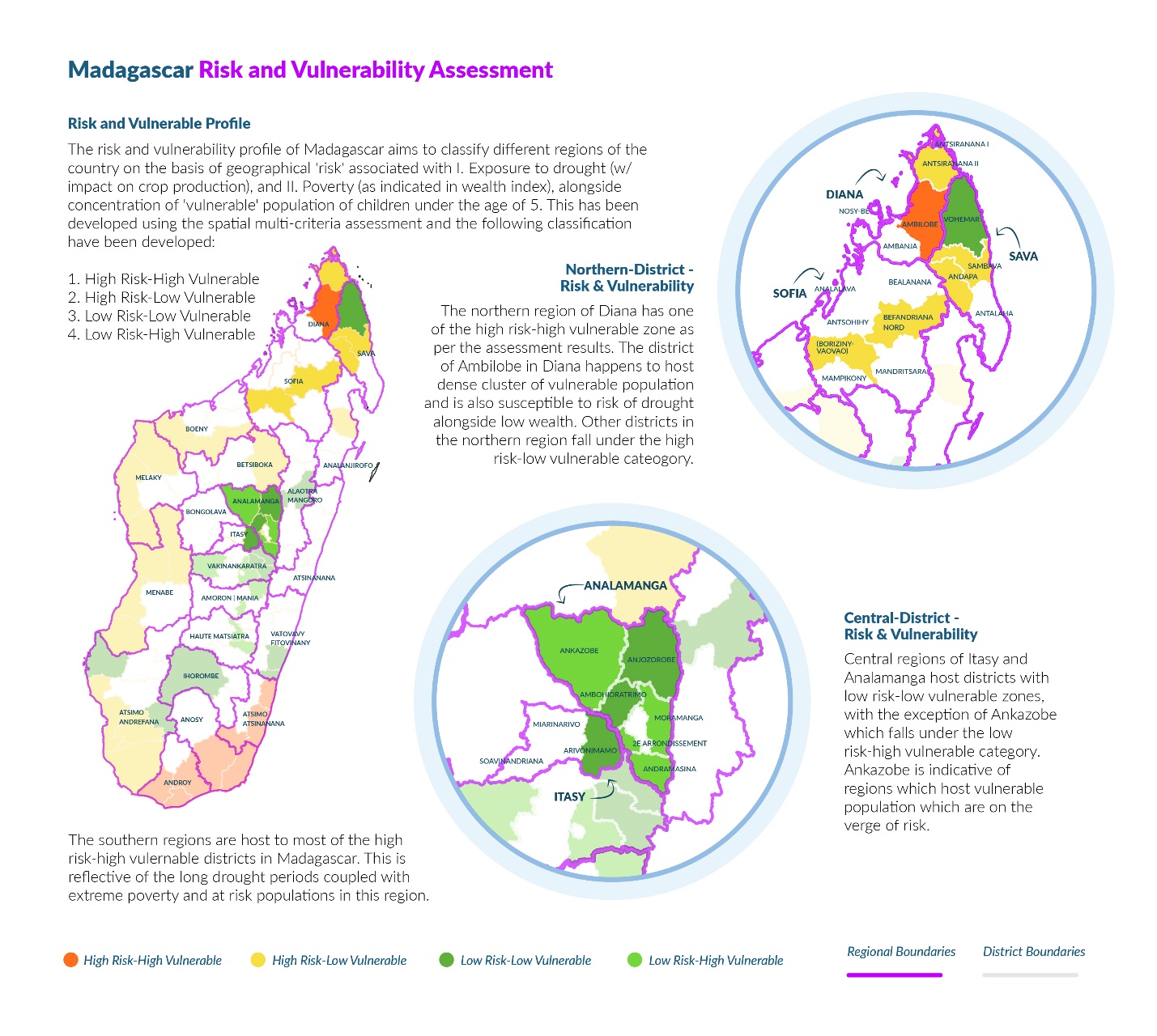by Dr. Francis Xavier Rathinam, Director of Global Monitoring, Evaluation, and Learning at Athena Infonomics and Jonathan McGrath, Senior Manager of Communications at Athena Infonomics
Organizations from every part of the global economy are increasingly recognizing the value of data in their operations, as they realize its potential to inform decision-making, optimize resource allocation, and measure the effectiveness of programs. This paradigm shift toward data-driven approaches can certainly be felt in the global development sector, where massive quantities of data are enabling researchers and evaluators to assess the effects of interventions and programs in a much more accurate way.
In particular, remotely sensed data—obtained through satellites, aerial platforms, ground-based sensors, and other technologies—holds immense potential to benefit leaders across various fields. Whether it’s measuring crop health for agricultural uses, monitoring land use for urban planning purposes, or capturing Earth’s surface for the benefit of environmental science, remotely sensed data can support evidence-based decisions, yielding more effective and sustainable outcomes.
This fact has affected the work we take on at Athena Infonomics, an impact solutions group that applies social science research, data analytics, and technology to advance global development. Case in point: Athena Infonomics has been increasingly using satellite imagery as a valuable tool for the monitoring, reporting and verifying (MRV) carbon credits. By utilizing images of different types of vegetation and land cover, Athena Infonomics experts can measure the size, density, and health of forests, and their impact on carbon storage. Over time, this will allow us to track changes in land use patterns and estimate the carbon emissions associated with these changes. With this experience, Athena Infonomics is planning to develop a user-friendly MRV system to ensure efficient and transparent measurement, monitoring, and management for the agroforestry sector, with a particular focus on REDD+ activities (mitigation actions pertaining to the reduction of emissions from deforestation and forest degradation).
Athena Infonomics has embraced the role that data can play in decision-making—so much so that we have rolled out a new service line that we call Insights as a Service. Through this growing body of work, our team supports mission-oriented organizations with fit-for-purpose insights to advance their development goals by combining data science and digital strategies. These insights can take the form of:
- Big Data mining and integration, whereby we utilize spatial and non-spatial public data libraries and integrate with program data to unlock context and track progress;
- artificial intelligence and machine learning analytics, which can aid in the development of advanced models that uncover patterns and predict outcomes;
- behavioral research, which can capture preferences, attitudes, and motivations, and track shifts in focus behaviors;
- workflow automation and decision support, through which we streamline data processing and analytics workflows, and set up recommendation engines;
- and digital data governance, where the design and implementation of data management and governance strategies help to advance the equitable, fair, and secure use of data.
Through Insights as a Service, we have developed spatial data and machine learning models to predict risk and plan for sanitation services in various geographies; helped prioritize aid flows for agriculture in Madagascar; measured flooding risk in Kampala, Uganda; and utilized machine learning models to assess the resilience of fairtrade producers and determine early childhood development outcomes.
Kasirajan Mahalingam, Athena Infonomics’ Principal Consultant of Geospatial Services, shares his vision for this new service line: “Our Insights as a Service model represents a crucial advancement in leveraging geospatial intelligence for global development. As we navigate the vast sea of data, our goal is to function as a compass, providing our partners with actionable insights derived from spatial and non-spatial data. This goes beyond mere data analytics; it’s about transforming complex geospatial information into a strategic asset that empowers decision-makers, promotes equitable growth, and positively impacts people’s lives on a global scale.”
Data collection, analysis, and visualization are helping the world to gain insight on socio-economic trends, identify areas of need, and prioritize interventions. At Athena Infonomics, we are harnessing new technologies to produce meaningful impact—and, as the work above illustrates, we firmly believe that such technologies can and should be used to yield sustainable and equitable outcomes for everyone.

A map developed as part of Athena Infonomics’ evaluation of flooding risk in Kampala, Uganda

A risk and vulnerability profile of Madagascar, developed by Athena Infonomics as part of an effort to prioritize aid flows for agriculture in the country.







